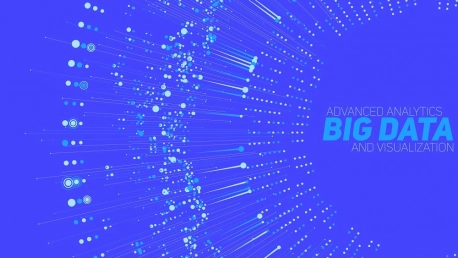With the digital revolution, Human Resource Management has been remarkably transformed through the utilization of big data. Vast pools of data are now harnessed to enhance various HR functions, such as refining the hiring process, optimizing performance measurement, customizing training programs, and adjusting compensation structures. The advent of sophisticated analytics tools has been instrumental in transitioning HR from its conventional administrative function to a critical entity that actively fuels business growth. The strategic integration of data analytics within HR practices allows for more informed decision-making, leading to improved efficiency and effectiveness in managing the most valuable asset of any business: its people. This shift emphasizes the increasingly strategic role played by HR in the broader business landscape, marking a significant evolution from its past operational focus.
Streamlining Recruitment with Data-Driven Insights
Big data has dramatically redefined recruitment by enabling HR professionals to tap into rich databases filled with potential candidate profiles. By leveraging data from various sources, like social media, company databases, and online job portals, HR can identify trends, understand requisite skills for open positions, and predict which candidates are most likely to succeed. Such insights lead to more informed hiring decisions, ensuring that the workforce is composed of the best available talent which aligns with the company’s culture and goals.The predictive power of big data extends to forecasting future workforce needs. By analyzing industry trends and the company’s historical hiring data, HR can anticipate the demand for certain skills and roles. This prescience allows businesses to be proactive and adaptive in their recruitment efforts, rather than reactive. This strategic approach not only saves costs associated with hiring but also significantly reduces the time to fill positions, hence maintaining a competitive edge in the talent market.
Optimizing Performance and Compensation
Big data has transformed HRM by aligning employee compensation with performance. Objective metrics derived from vast amounts of data enable organizations to reward based on output, driving a culture where performance equates to remuneration. Algorithms offer deep insights into employee contributions, facilitating compensation models that mirror individual achievements.The clarity provided by data analytics in assessing performance supports a transparent, fair, and motivating workplace. Employees understand how their efforts are quantified, which augments morale and encourages performance improvements. Further, big data aids in pinpointing skill gaps and evaluating the effectiveness of training initiatives.The shift from guesswork to data-driven decisions through big data has revolutionized HRM, syncing human capital management with business goals. As big data continues to permeate HR practices, its transformative potential is clear—it’s not merely a tool but an evolution fundamentally reshaping HR operations.









